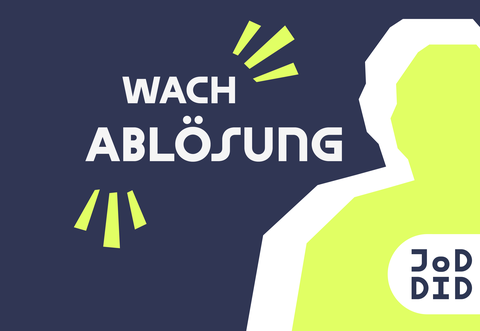Oct 06, 2022
#57 Changing of the guard
What actually happens when two whistles sound, the DLRG (lifeguards) climbs down from the tower and takes down the flags? Do we have to behave differently on the beach now? Who rescues people now? And does the beach actually belong to everyone equally all day long, are there rules that apply for a limited time and who is responsible when?
The moments when responsibilities for spaces change are moments of quiet upheaval. Behavior and interaction usually continue to follow the established social rules, but freedom, different uses and, above all, different perspectives may emerge.
The idea behind "changing the guard" is to use these moments as a starting point for educational interventions. What happens when the security staff take over during the library's extended opening hours? Who is in charge in the ministry building at night and why are the lights still on on the third floor? And is it actually allowed to be loud in church at night?
Making moments in which responsibility or competencies shift, in which the actual use or function ends, consciously accessible, perhaps makes it possible to discuss questions of living together in a slightly different way and, for example, to recognize the value or meaning of various social values or norms in the difference to the expected, everyday.
Certainly a format that requires guidance or intervention, and perhaps also has a somewhat exclusive character. But why not give it a try? Because from our perspective, a night of museums or theater doesn't necessarily always need a big happening, but just one person with the right keys.

